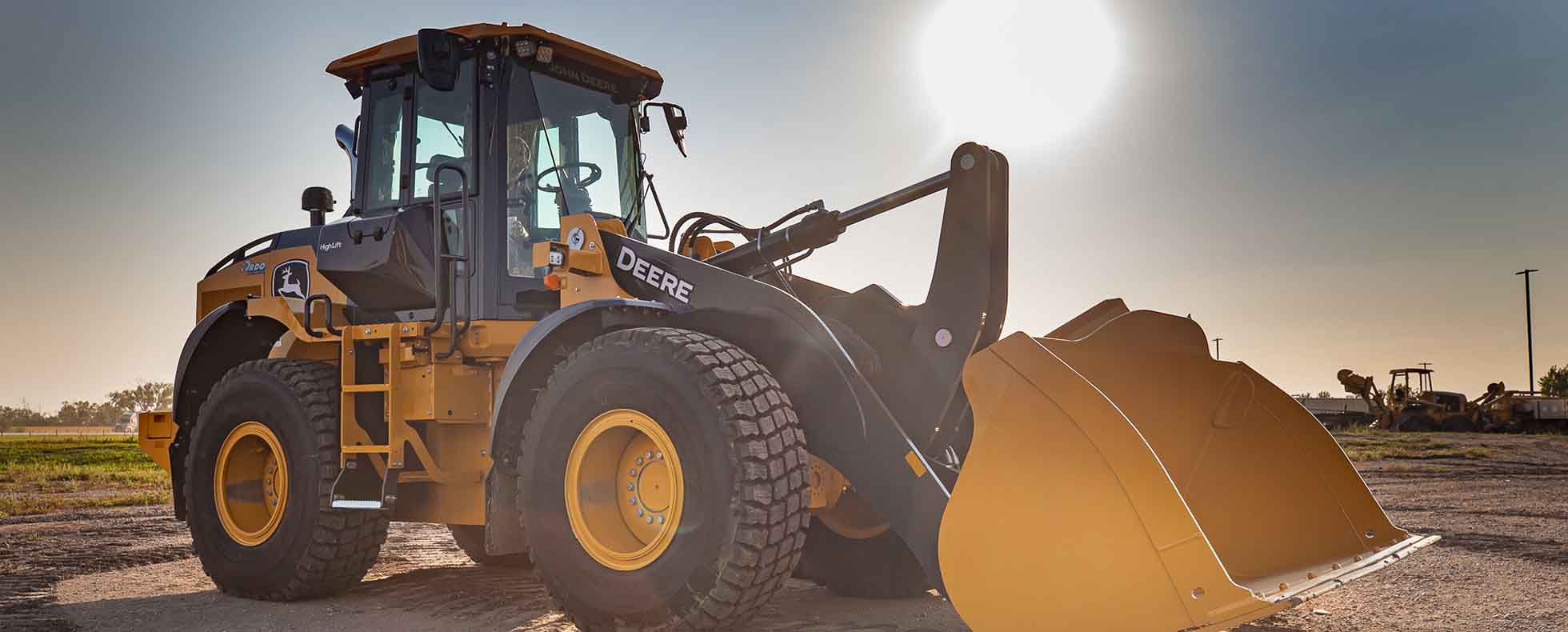
As a contractor, you may wonder how to choose the best technology for you but not know exactly where to start. Let me say this: your first step should be finding the right partner to review your business needs and budget. Consider these questions to make a smart investment.
While this may be hard to identify because so many solutions promise a "one-size-fits-all" approach, success will depend on your ability to drill down to specifics. Think about these pain points and their solutions.
Accuracy: When material and labor costs have increased, you probably are more focused on doing the job once and ensuring accurate results. Contractors worried about their team’s ability to produce correct results consistently should look at machine control technology for specific machines, like John Deere's SmartGrade, which helps to protect operators from overdigging.
Productivity: The demand for skilled labor continues to rise despite the 5% increase in operators from last year, as reported by the Building Foundation. A smaller labor pool may mean you must make tough decisions about raising the salary cap to attract an experienced operator and eliminate learning curves. A skilled operator would be able to help navigate unplanned downtime and understand who to call when they need to get the machine up and running. While a more experienced operator may require contractors to pay higher wages, the operator’s familiarity with machines will keep projects on schedule. Suppose you’re willing to sacrifice a few production hours to help a less experienced operator learn the ropes. In that case, you may need to look for other tools to monitor productivity, like fleet management software (FMS), to understand where one operator may require assistance.
Whether time, money or effort, becoming comfortable with technology will require a certain level of investment, and that’s where an equipment partner can help. Especially with today’s material and labor costs, a trusted expert familiar with original equipment manufacturers' technology can help you understand the investment required to onboard technology solutions catered to your needs.
One Midwest contractor, Mack Lipka, wanted to adopt technology to improve productivity, but as an owner-operator in his first year of business, he wasn't comfortable making a large purchase. Stephen Roach, an account manager at RDO, suggested the MC-Mobile system. This mobile mapping solution, designed for efficient data collection in surveying and mapping, uses a Global Navigation Satellite System (GNSS) technology or total station prism plus sensors to create a digital terrain map with proven accuracy. The MC Mobile system's satellite receivers and sensors are mounted on a machine to capture geospatial data and send it to a tablet. MC Mobile system's wide range of applications to improve consistency and communication among subcontractors and its affordable price prove a winning strategy.
The writing is on the wall for the construction industry: digital twins of a job site are the way of the near future, where project managers can monitor the machine's progress and see issues before they happen. A digital twin is a digital representation of a real-world object. Some contractors use John Deere Operations Center™, an FMS with various applications, to make more informed decisions.
Technology can help you get more done quickly and decrease costs. However, you’ll be set up for success if you have a clear picture of existing challenges and your future goals. Then, with a trusted partner, discuss answers to these questions and consider solutions to improve operations. Lean on the partners available and get the proper training and advice to integrate technology successfully.